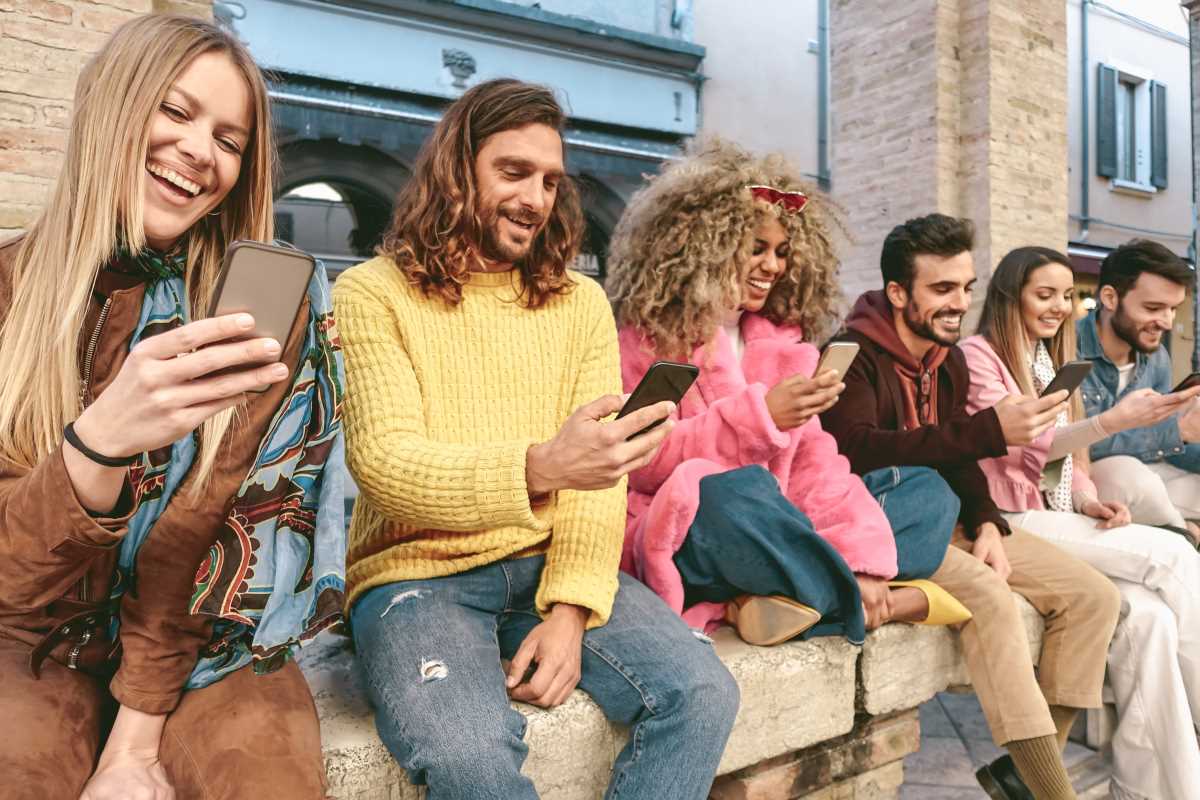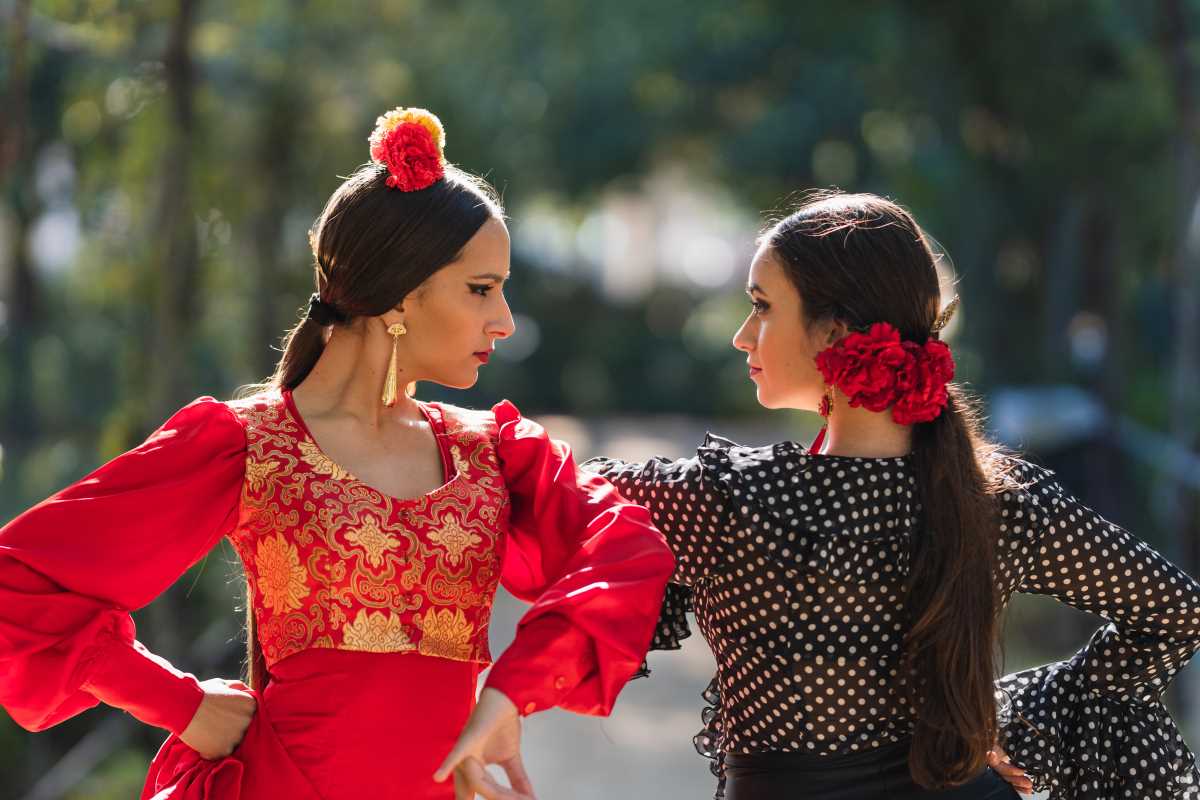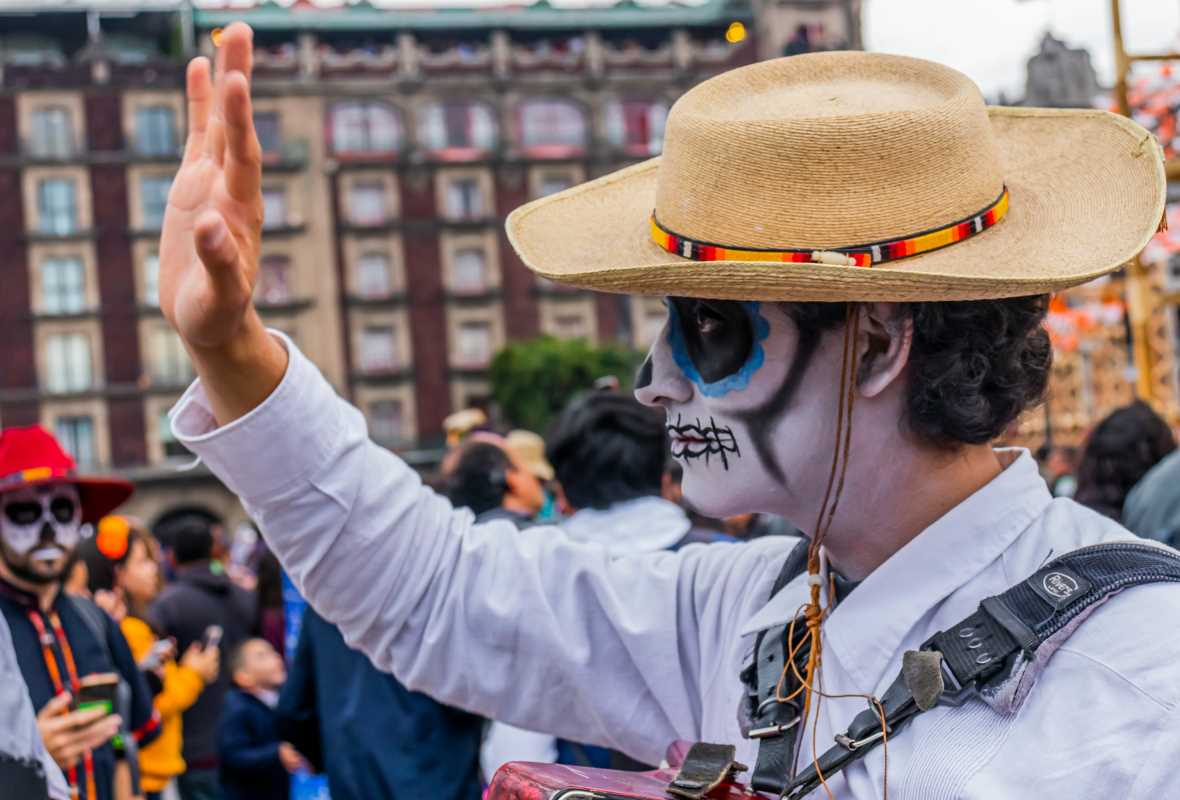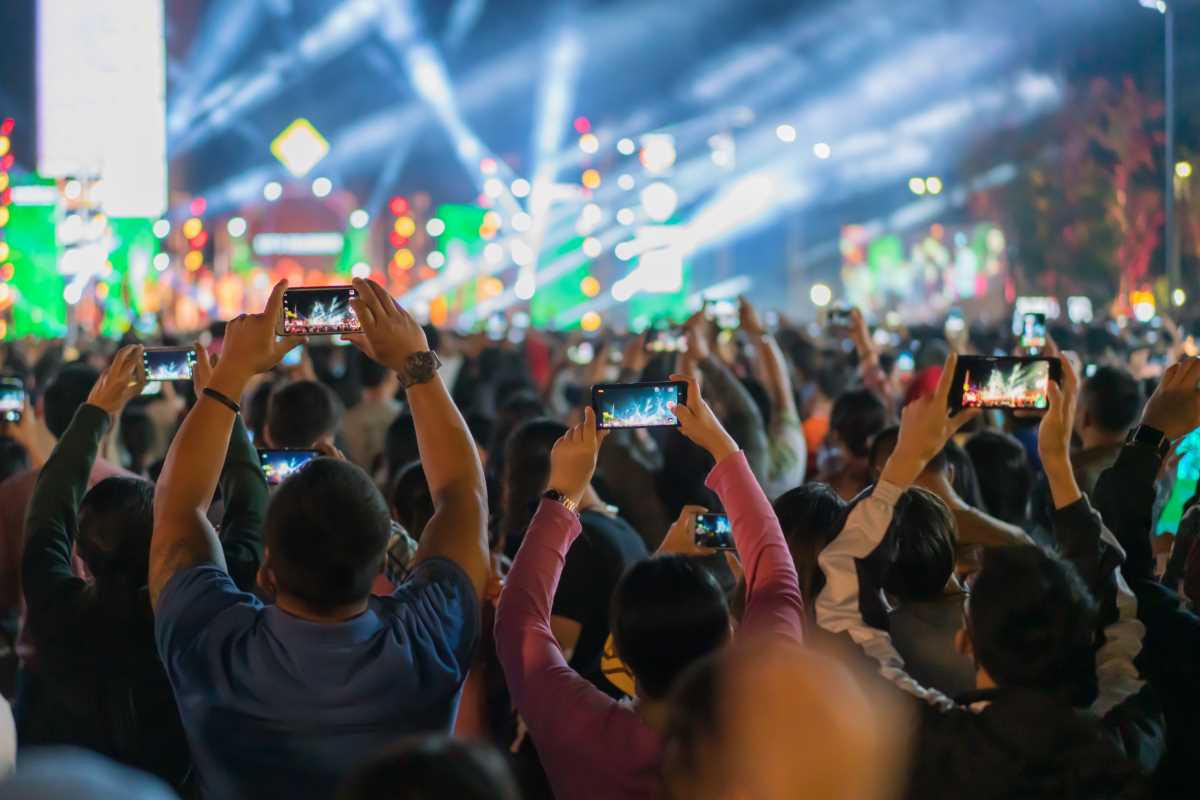Cultural exchange is a fascinating lens through which to view the world, and the global adoption of American customs offers endless points of connection and insight.
From iconic entertainment to fast food, American influences can be found almost everywhere. Yet, the exchange isn’t one-sided—other cultures have adapted, reimagined, and infused these customs with their own traditions. This creates a dynamic blend of globalized practices that enrich societies on both sides.
Here’s an expanded exploration of how American customs have been embraced worldwide, highlighting entertainment, holidays, fashion, sports, technology, education, and more.
Pop Culture Phenomenon
American pop culture has taken center stage across the globe, with Hollywood being the epicenter of its influence. Blockbuster films like The Avengers or Avatar attract audiences from Europe to Asia, making movies and TV shows one of America’s most notable cultural exports.
Japan’s anime industry, for instance, has drawn inspiration from American cartoons like Looney Tunes and Tom and Jerry. This blending of artistic styles birthed a unique genre that merges Japanese storytelling traditions with Western tropes. The reciprocal appreciation is evident in global blockbuster collaborations, such as Star Wars Visions, a series created by Japanese anime studios for a worldwide audience.
Streaming platforms like Netflix have further amplified pop culture’s reach. Localized versions of American shows, like the Spanish remake of Breaking Bad (Metástasis), highlight how these stories are reshaped to resonate with non-American audiences.
Fast Food Craze
Fast food remains one of the most noticeable ways American culture has intersected with other countries. From the golden arches of McDonald’s to the crispy chicken of KFC, these brands are ubiquitous across cities worldwide. Yet, each country adapts these chains to fit its unique palate.
Take India, for example. Given the predominantly vegetarian diet of many Indians, fast-food menus here offer innovative items like the McAloo Tikki Burger or Paneer Zinger. Similarly, in Japan, McDonald’s offers shrimp burgers and seasonal specialties inspired by local festivals, such as cherry blossom-themed desserts.
Beyond fast food, the American coffee culture spearheaded by Starbucks has fostered a café lifestyle in regions like China and the Middle East. What was once considered a grab-and-go custom in the U.S. has evolved into a social ritual as cafes become gathering spots for locals to relax, socialize, or work.
Fashion Trends
American fashion has become a global language of style. The casual cool of a T-shirt-and-jeans ensemble once made famous by cultural icons like James Dean is now a universal look. American streetwear, in particular, has profoundly shaped youth culture in countries like South Korea and France.
Brands like Supreme, Vans, and Nike have carved out a massive presence internationally. Seoul has embraced streetwear with fervor, where K-pop idols frequently incorporate American fashion into their on-stage and off-stage looks. Seoul’s street fashion blends this casual American aesthetic with edgy, colorful, and distinctly Korean touches.
On the luxury side of fashion, American designers like Ralph Lauren and Tommy Hilfiger have become status symbols in wealthy markets like Saudi Arabia and China. These brands embody the aspirational American lifestyle, appealing to consumers worldwide.
Consumerism Culture
The consumer culture deeply ingrained in American society has influenced countless global markets, notably through the ubiquity of malls, mega-retailers, and e-commerce platforms. China’s e-commerce juggernaut Alibaba, for example, reflects the blend of American-style retail convenience with local market innovation through festivals like Singles’ Day (the world’s largest online sales event).
Even American shopping traditions have gained traction abroad. Black Friday, originally a post-Thanksgiving shopping event unique to America, is now observed internationally thanks to e-commerce giants like Amazon. Countries such as the UK, Brazil, and India now heavily market Black Friday deals, marking the global spread of hyper-consumerism.
Music Industry Impact
The influence of American music is undeniable, with genres like jazz, rock, pop, and hip-hop leaving lasting impressions worldwide. The rise of American artists like Beyoncé, Drake, or Taylor Swift has inspired music scenes everywhere.
Latin America, for example, has embraced and blended American pop and hip-hop sounds, creating cross-cultural genres like reggaeton. What started as a fusion of Caribbean rhythms and urban beats is now a global powerhouse genre, popularized by stars like Bad Bunny and J Balvin.
Countries like South Korea have also used the global appeal of American music to reimagine their pop music industry. K-pop, a genre heavily influenced by Western sounds, borrows from American hip-hop, R&B, and dance. At the same time, it reintegrates Korean culture, choreography, and multilingual lyrics, tailoring it to a global audience.
The Influence of American Sports
Sports serve as another significant vehicle for cultural exchange. While baseball originated in the United States, it quickly became one of the most beloved sports in Japan. Today, Japan’s Nippon Professional Baseball league attracts massive crowds, and Japanese players like Shohei Ohtani have become global sports heroes in Major League Baseball.
Basketball has followed a similar trajectory. The NBA's popularity extends far beyond the United States, particularly in China, where stars like Michael Jordan, Kobe Bryant, and LeBron James have cemented basketball as a cultural phenomenon. The league’s partnerships with international teams, games played abroad, and collaborations with global brands like Nike ensure the continuous spread of this uniquely American sport.
The Spread of American Holidays
American holidays like Halloween and Valentine’s Day have become globally celebrated, often with fascinating twists.
Halloween, for instance, has grown exponentially in countries like Japan and Mexico. While historically tied to either U.S. trick-or-treat traditions or indigenous beliefs like Mexico’s Día de los Muertos, contemporary Halloween in other countries often takes a costume-party focus. Tokyo hosts some of the most extravagant Halloween parades, where creativity and cosplay reign supreme.
Similarly, Valentine’s Day has been adapted worldwide. Japan adds its unique spin with two celebrations—on February 14th, women give chocolates to men, and a month later, "White Day" gives men a chance to reciprocate.
Technological Influence
American technology companies like Apple, Google, and Microsoft have pioneered innovations impacting virtually every corner of the globe.
Apple’s iPhone has become a status symbol in markets like India and Southeast Asia, representing not just cutting-edge technology but also a lifestyle aspiration. Meanwhile, Google’s Android operating system powers smartphones worldwide, democratizing access to affordable technology.
E-commerce platforms like Amazon have revolutionized shopping in regions as diverse as Europe, India, and South America. The rise of digital assistants like Alexa and Siri has further entwined American tech products with everyday global lives.
Adoption of American Education and Business Practices
The American educational system has had a ripple effect around the world. Prestigious institutions like Harvard and MIT have become gold standards for higher education, attracting an international student base. Countries like China and India often model their own university systems after American practices, incorporating research-based learning and liberal arts approaches.
On the business front, American managerial practices such as open-plan offices, startup culture, and corporate hierarchy have been wholeheartedly adopted in places like Singapore and Germany. Multinationals frequently train employees in leadership styles inspired by American management gurus. At the same time, remote work, now mainstream globally post-pandemic, owes its ubiquity to American tech company practices.
The Role of Cultural Exchange
Despite its far-reaching influence, cultural exchange is not one-sided. Countries often reinterpret and blend American customs with their own, creating unique hybrids of tradition and modernity. For instance, adding local flavors to global foods or remixing pop culture into localized expressions reflects people's desire to adapt rather than adopt.
Ultimately, this interplay enriches both ends of the exchange. American culture becomes a launching pad, while global reinterpretations infuse it with vibrant diversity. Far from eroding traditions, cultural exchanges ensure a continuous cycle of inspiration, creativity, and collaboration.
By recognizing the global footprint of American customs and celebrating their local adaptations worldwide, we come to appreciate the interconnectedness of our world—a thriving mosaic of cultures, traditions, and shared humanity.
 (Image via
(Image via





